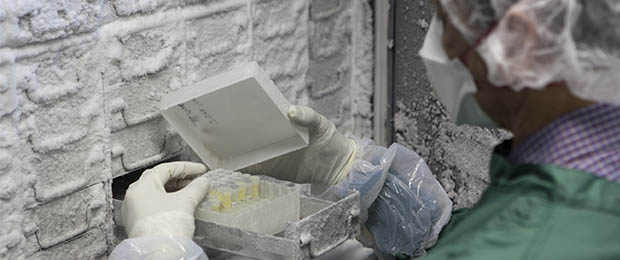AChinese study published in the Molecular genetics and genomics journal assesses research into human embryos to correct genetic mutations with the CRISPR technique. Scientists have used a total of six “viable human embryos”. Previous tests “on abnormal embryos” functioned considerably less well than in this second study, but scientists believed it was “more ethical to test the method on embryos that would never fully develop”.
However, in this second publication, the number of embryos tested “is far too low to be able to draw conclusions”.
The team, which is affiliated to the University of Guangzhou and led by Jianqiao Liu, used immature eggs “that could not be used” by IVF clinics following fertilisation by the sperm of two men who each presented with a genetic disorder. Scientists then injected CRISPR into these embryos at the cell stage. Genetic mutations inherited from the father were corrected in one embryo but only in certain cells for two others (mosaic effect) and the distribution did not function in three other embryos, thereby introducing another mutation in one. The results are considered “promising” but nevertheless highlight the fact that the technology is “far from perfect”. The risk of mosaicism is particularly “disturbing”. Some teams recommend modifying the gamete genome prior to fertilisation in order to offset this risk.
According to The New Scientist, “three or four studies” are underway using CRISPR in human embryos.
New Scientist, Michael Lepage (9/03/2017)

